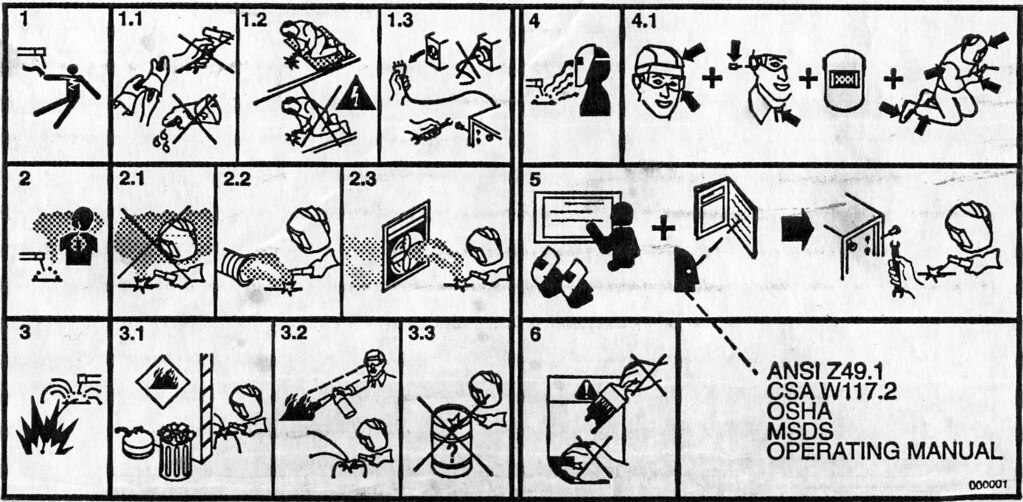The building where I work was designed by a Mr. Famous Architect Guy. As far as I can tell, he didn’t ask any scientists first. We hate it.
Aside from the usual problems (hot in winter, cold in summer, leaking basement, elevators programmed by monkeys), we’ve got a few special ones. For one, bats come roost in lab; screaming inevitably ensues. But my favorite ever is the fire alarm: it tells us weekly to WHIRR BEEP BEEP STAND BY FOR FURTHER INSTRUCTIONS BEEP WHIRR. We shut the doors and ignore it, on the grounds that it’s an idiotic announcement. Safe, no? Speaking of, Safety gets very upset if we leave a single razor blade out, but not if we store
nitric acid next to acetone. Er?
And this is at a rich school. My college chemistry building was even worse. My advisor sat in a lawn chair and watched for days, when they finally demolished it.
And, from the Annals of Strange Experiments: A distinguished professor (i.e., old) was telling Mr. Scientist that back in the day, someone did do bat experiments in the building. (Maybe
that’s where they came from). They were studying how bats ‘see’ things. So they built a bat sensory deprivation chamber: a little room covered everywhere with long, luxurious, white fake fur. Like a really weird bat boudoir.
Bats freaked way the heck out, inside: it felt like they were in the middle of the biggest-ever
Nothing.
Bonus: Check out this excellent picture of an exploded, burnt-out centrifuge (via
here).

I once exploded a centrifuge, but it was less dramatic. Plus, it wasn't my fault.







